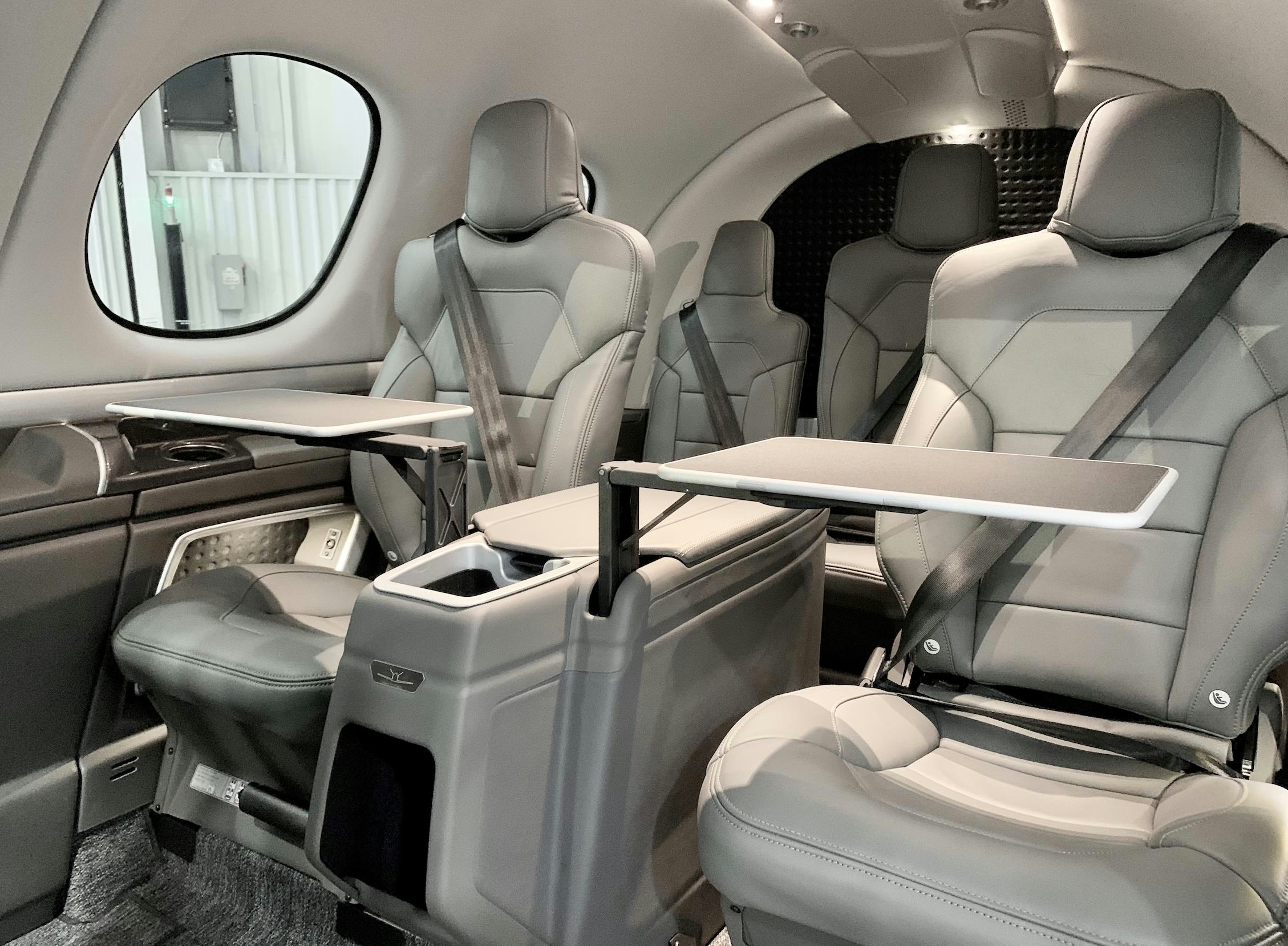
AeroGenie — 您的智能副驾驶。
热门趋势
Categories
Airbus and Boeing: Comparing Their Global Reach
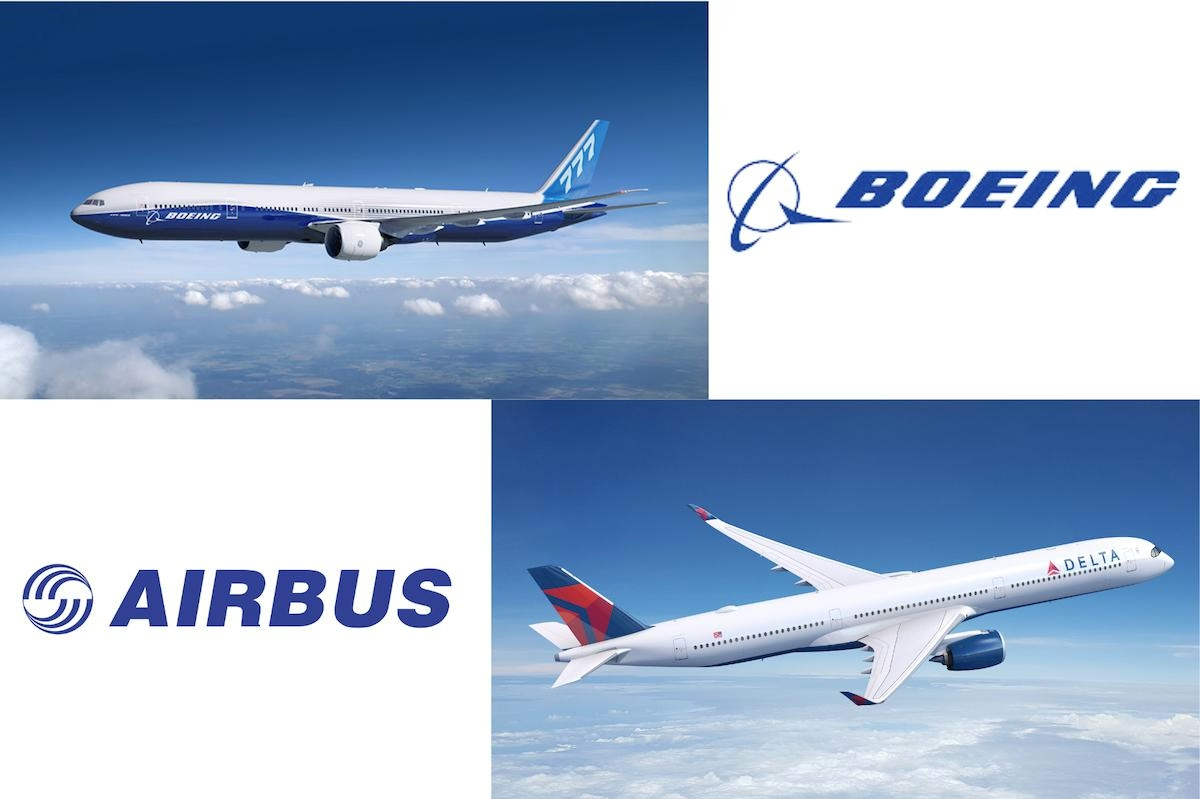
Airbus and Boeing: Comparing Their Global Reach
The commercial aviation industry has evolved significantly from its origins as a luxury mode of travel reserved for the affluent. Today, it constitutes a vast global network that connects billions of passengers and transports enormous volumes of cargo. The advent of jet engines and long-range aircraft revolutionized air travel by enabling airlines to link continents, while deregulation fostered increased competition among carriers on routes and pricing. Central to this expansive industry are two dominant manufacturers: Boeing and Airbus.
Boeing, established in 1916 in Seattle, emerged as a pioneer with landmark aircraft such as the Boeing 707, which ushered in the jet age, and the Boeing 747, the world’s first widebody airliner. Airbus, entering the market in the 1970s, rapidly gained prominence by developing aircraft that addressed the evolving demands of airlines worldwide.
Market Dominance and Shifting Momentum
Together, Boeing and Airbus account for approximately 80% of the global active commercial aircraft fleet, comprising over 24,000 of the roughly 30,000 planes currently in service. In recent years, however, Airbus has gained a clear advantage. In 2024, Airbus secured 878 gross orders and delivered 766 commercial aircraft, surpassing Boeing’s 569 orders and 348 deliveries. This shift in momentum is largely driven by the success of Airbus’s A320 family, which has now overtaken Boeing’s 737 as the most-delivered commercial jet in history—a milestone of considerable significance within the industry.
Airbus’s competitive edge is attributed to its versatile aircraft models and a strong order book. The extended-range variants of the A320, notably the A321LR and A321XLR, have been particularly well received, offering airlines the ability to operate long-haul routes efficiently without resorting to larger, less economical aircraft. Airbus has also consolidated its leadership in the European market, capturing a 41% share.
Boeing remains a formidable global competitor with a loyal customer base, especially in North America and the widebody segment. Nevertheless, the company has encountered production delays and quality-control challenges, particularly with its 737 series. These issues have hindered delivery schedules and allowed Airbus to extend its lead.
Industry Dynamics and Emerging Competition
The competitive landscape is further influenced by regulatory and strategic developments. The European Union recently approved Boeing’s acquisition of Spirit AeroSystems, subject to the divestment of Airbus-related activities to mitigate competition concerns. This decision highlights the intricate interdependencies between the two aerospace giants and their broader supply chains.
Simultaneously, new partnerships are emerging that may reshape market dynamics. For example, India’s Hindustan Aeronautics Ltd (HAL) has collaborated with Russia to manufacture the Sukhoi Superjet-100, introducing a fresh competitor that could affect the global reach of both Boeing and Airbus.
Looking Ahead
While Boeing’s legacy and global footprint remain substantial, Airbus currently holds the advantage in terms of deliveries and orders. The evolving market conditions, regulatory changes, and the entrance of new players suggest that the rivalry between these aerospace leaders—and the future configuration of global aviation—will continue to develop in the coming years.
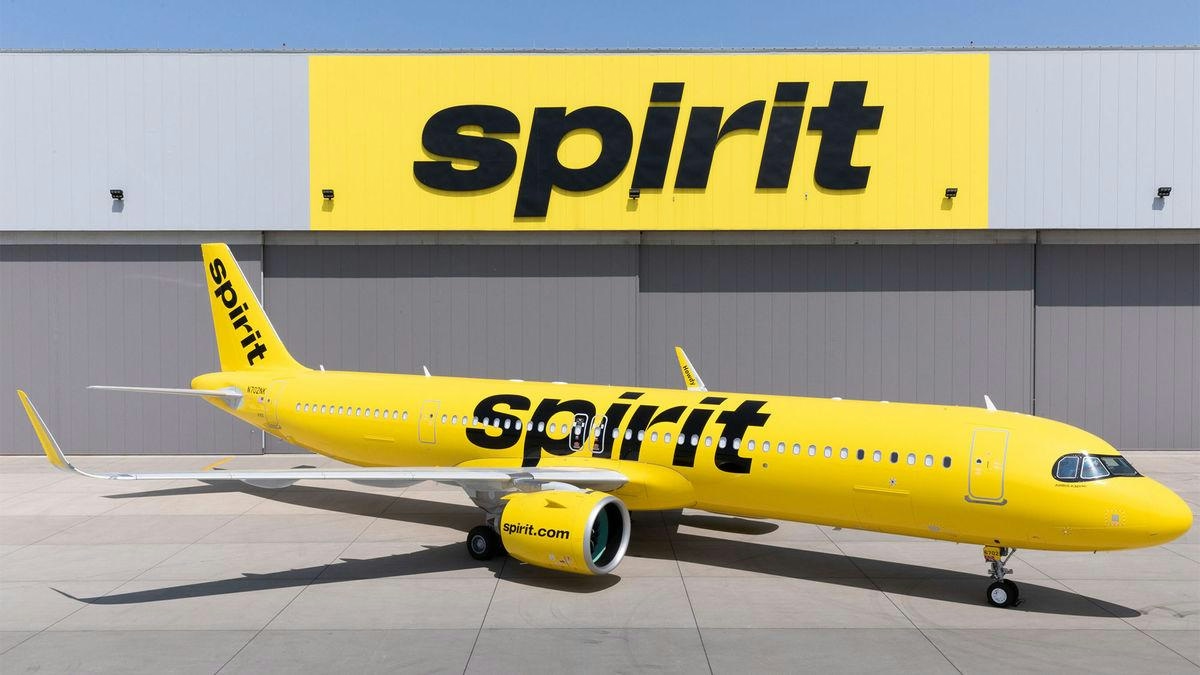
Spirit Unveils Restructuring Plans
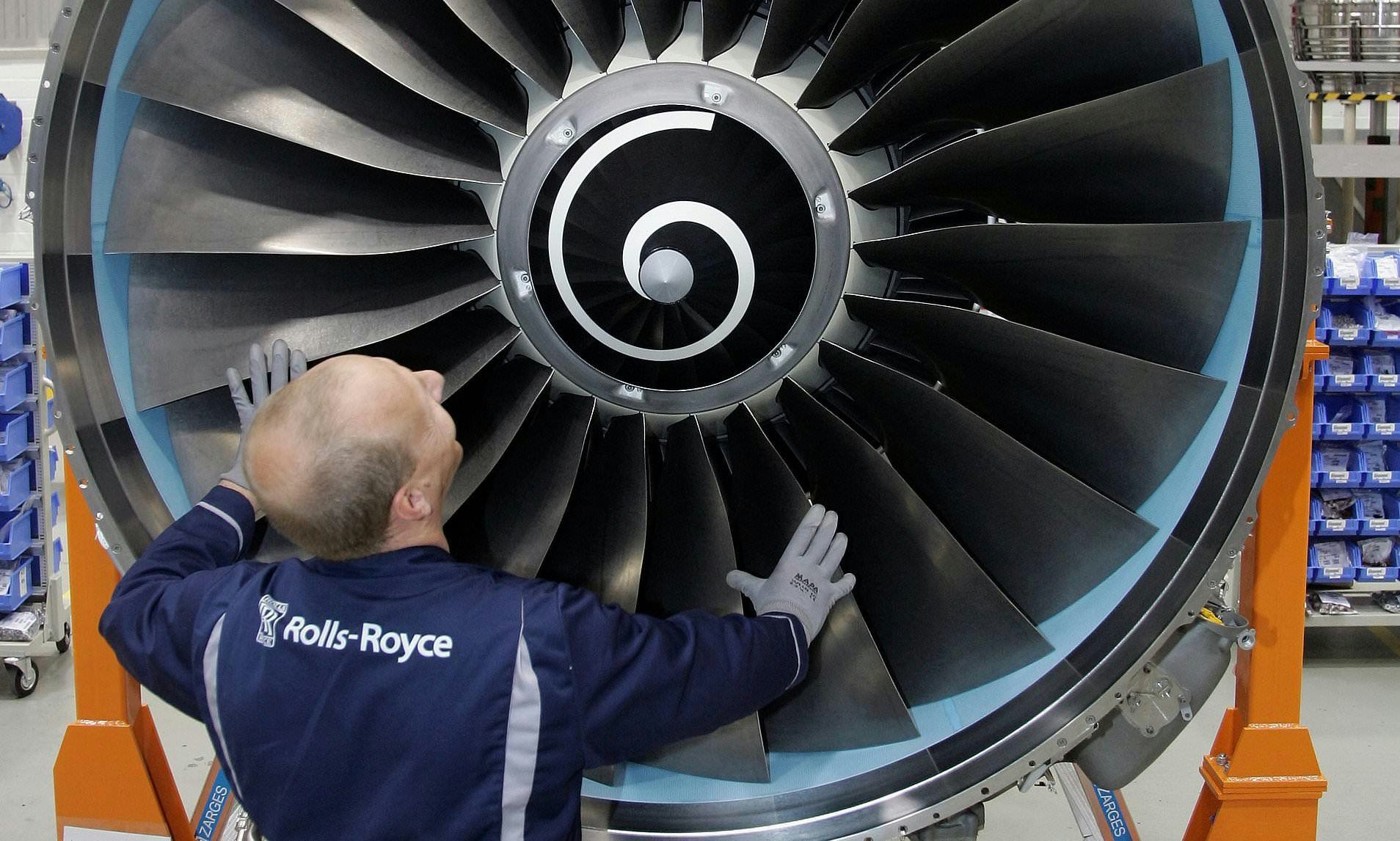
Rolls-Royce Begins Engine Testing for U.S. Army MV-75 Aircraft

SkyTeam Names Finalists for Aviation Challenge 2025

Deutsche Aircraft Focuses on Supply Chain Resilience for Modern Production

United Airlines Integrates AI into Mobile App
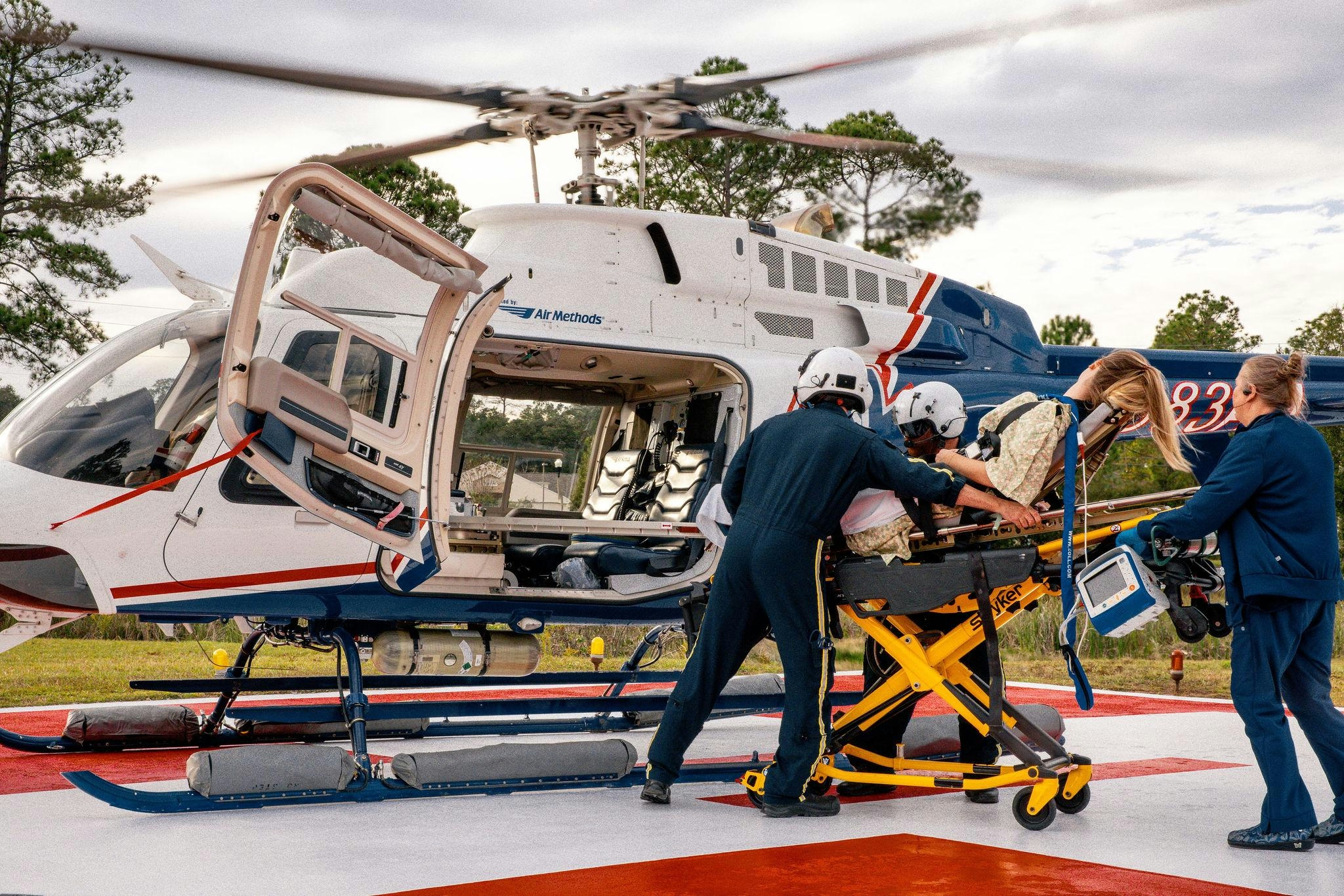
Airinmar Renews Service Agreement with Air Methods
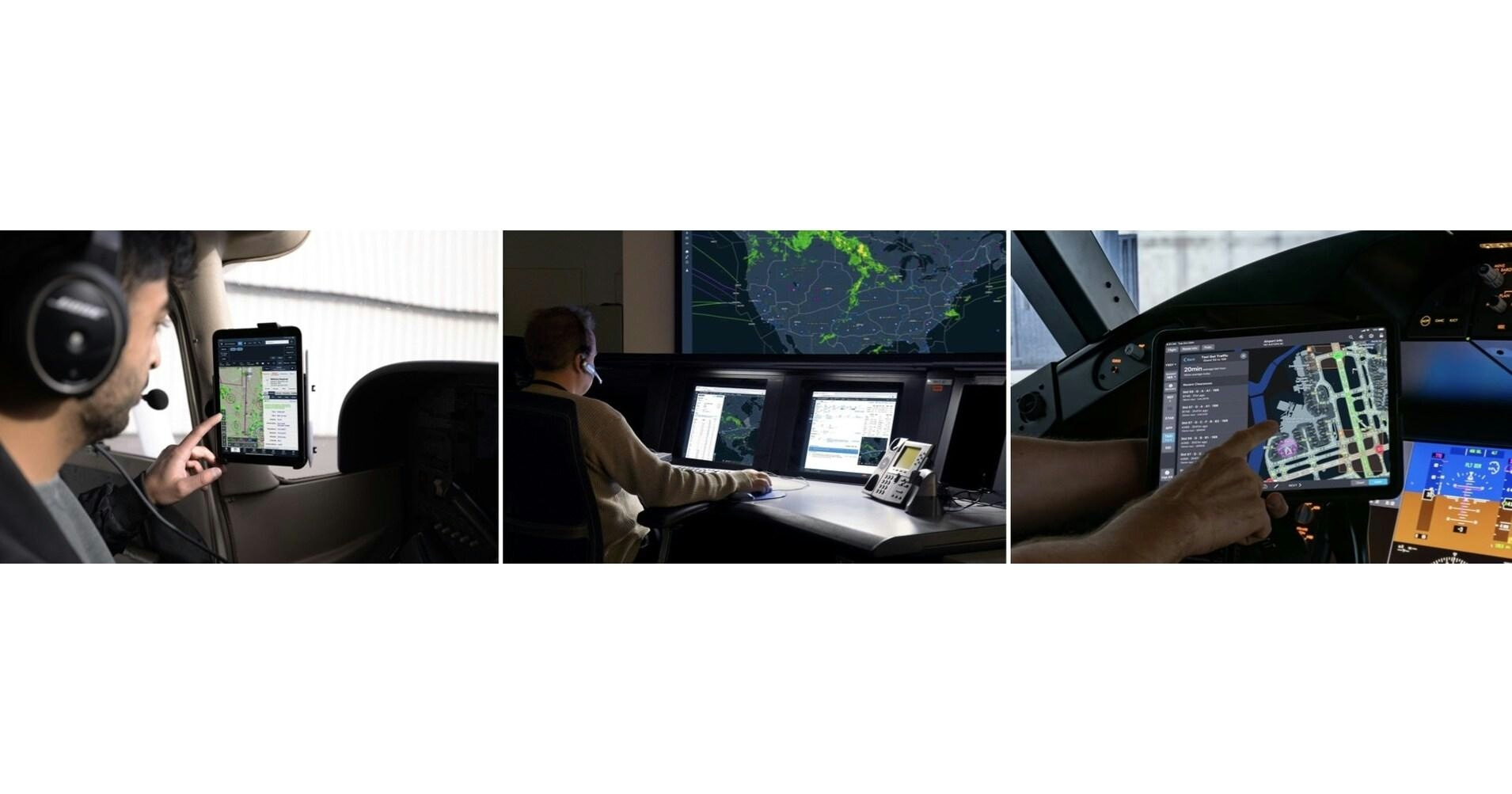
Jeppesen ForeFlight Names New Executives to Lead Aviation Initiatives
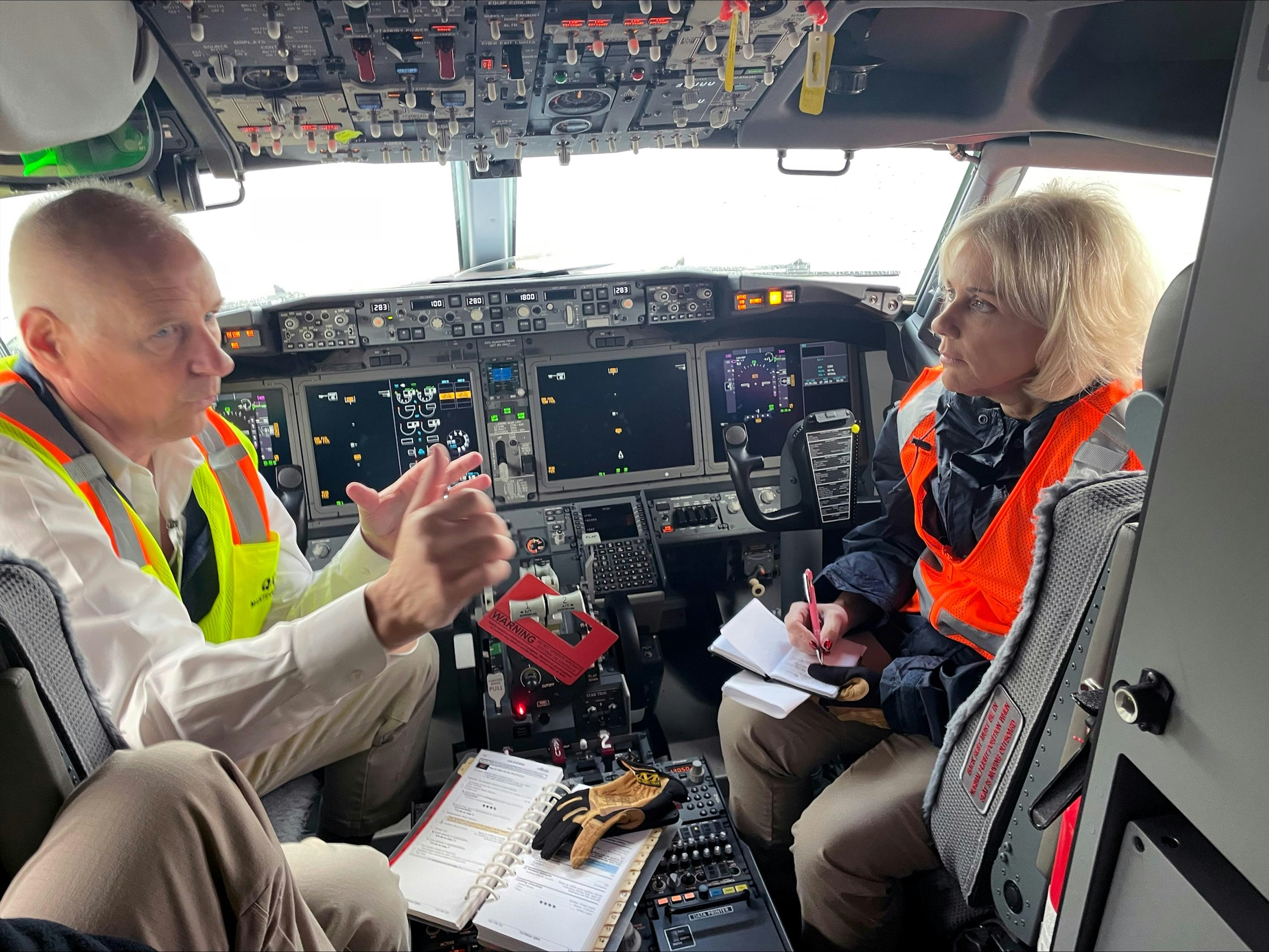
737 MAX Engine Shuts Down Mid-Flight After Cockpit Sun Visor Detaches
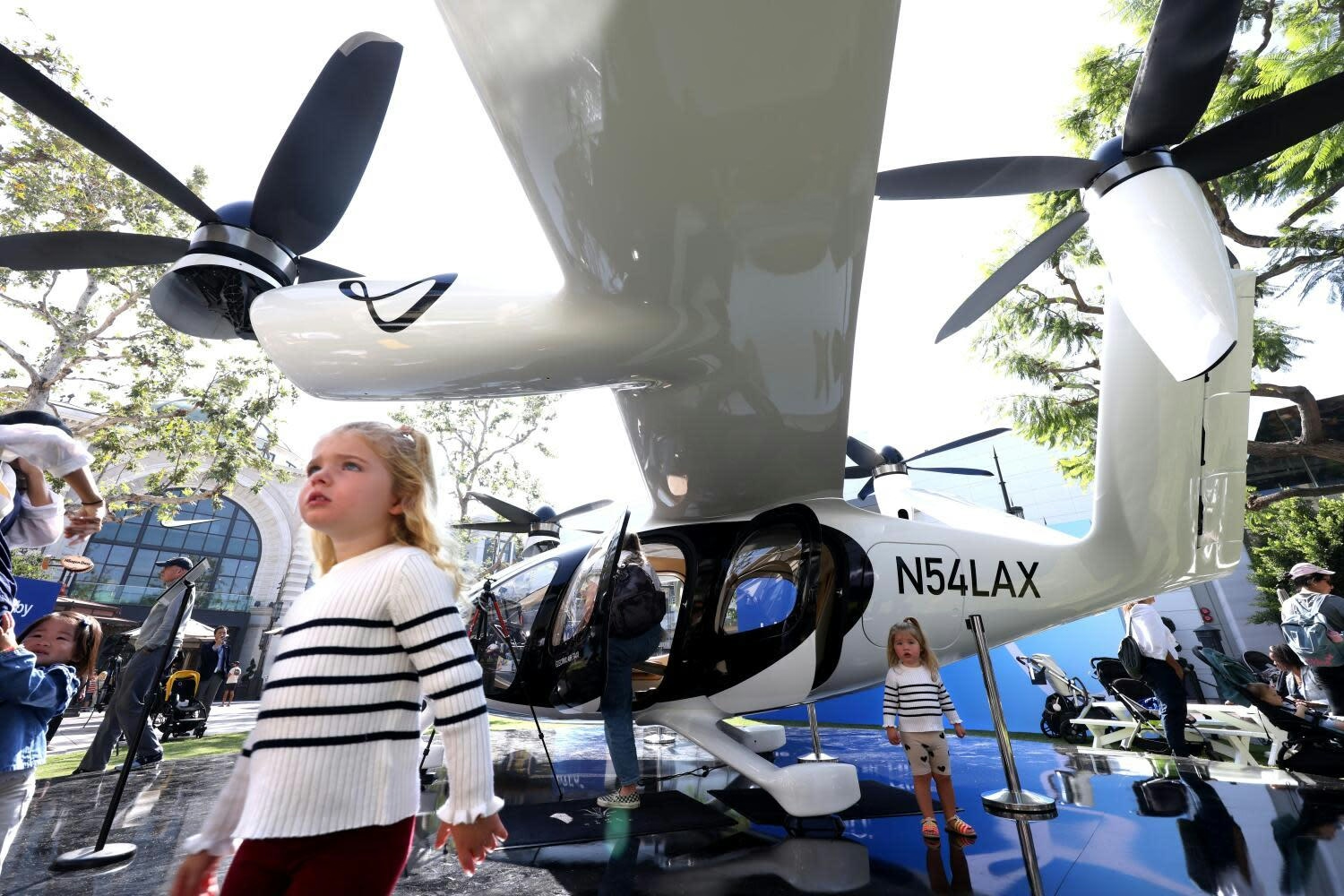
Air Taxis Are Not a Viable Solution to Broward’s Traffic Problems
